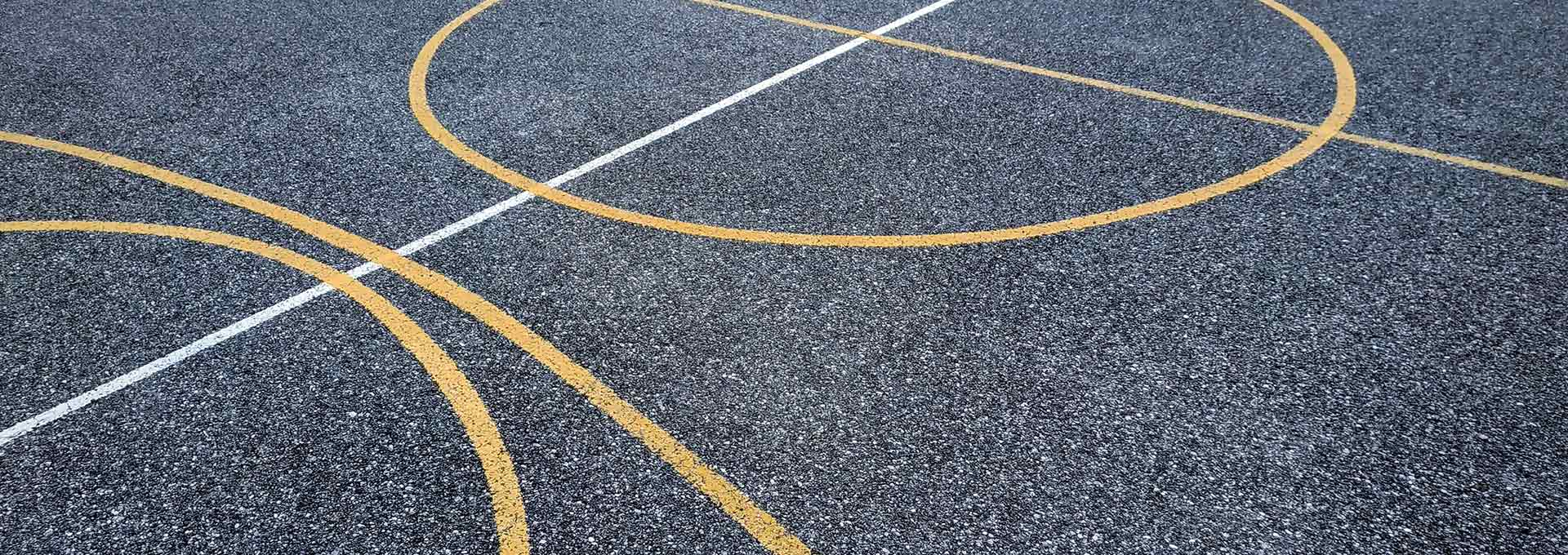
Resources
Seed Grant Awardee: Giac-Thao Tran
Giac-Thao Tran (video) | College of Integrative Sciences and Arts
The proposed study will use sport to dissect and divest the Asian American model minority stereotype. The Asian American model minority perspective heralds Asian Americans as industrious and intellectually and academically high-achieving, yet also reinforces a caricature of Asian Americans as cold, austere, quiet “nerds.” The “good citizen” ethos of the model minority stereotype is problematic for narrowly and homogeneously defining Asian Americans and for triangulating them against other racial/ethnic minorities as a “model.” Participation in sports runs counter to the model minority stereotype, and, indeed, the proportion of Asian American NCAA student-athletes (~2%) far underrepresents the proportion of Asian Americans in the US population (~6%) according to 2018 NCAA and US Census data, respectively. The limited empirical base is unclear on how occupying a counter-narrative space such as Asian American student-athlete bears on Asian Americans’ mental health and wellness. The proposed study positions mental health as an important component of the human body and aligns with the GSI mind-body dualism priority area. Using large-scale, publicly-available data from the 2015-2019 Healthy Minds Surveys, the study is innovative and highly publishable due to the ability to explore mitigating variables (e.g., personal physical features, discrimination) and its rich conceptualization of diverse mental health and wellness variables, including mental health symptomatology and diagnosis, impairment in functioning (e.g., academic disruptions), and psychosocial correlates (e.g., sense of belonging). The study will explore:
(1) Does failing to conform to the stereotype pose more or less mental health and wellness risks for Asian American student-athlete than Asian American non-student-athletes? As mixed findings of both mental health and wellness benefits and concerns are expected, this inquiry is significant for its potential to reflect how not conforming to a racial stereotype can be both positively and negatively tied to health and wellness, thus disrupting the stereotype of Asian Americans as a successful, low-need, “model minority.”
(2) How does the counter-stereotype of student-athlete status operate in tandem with cultural experiences (e.g., discrimination), stereotype-conforming characteristics (e.g., high GPA), physical body features (e.g., body mass index, body satisfaction), and stress management (e.g., stress mindset) in relation to Asian American mental health and wellness? This inquiry is further significant for reflecting the heterogeneity of Asian Americans by examining mitigating factors between student-athlete status and mental health/wellness, thus complicating the unidimensional model minority stereotype.
While based on a US sample, focusing on Asian Americans reflects diversification of the study of race and sports, which has been dominated by a focus on Black and White studentathletes, and can ultimately fuel the globalization of the conceptualization of the study of sport and mental health.
This study and its extensions are highly fundable. As the Healthy Minds Survey is funded by the National Institutes of Health (NIH), the proposed investigation and its extensions have high potential for additional funding as an R03 small grant for secondary analysis of existing data. Moreover, this study can serve as preliminary/feasibility evidence for larger physical activity and health-focused NIH grants and the Pac-12 Student-Athlete Health and Well-Being annual funding award.
Read the final paper from this GSI-funded project here.
Last Updated July 2021.